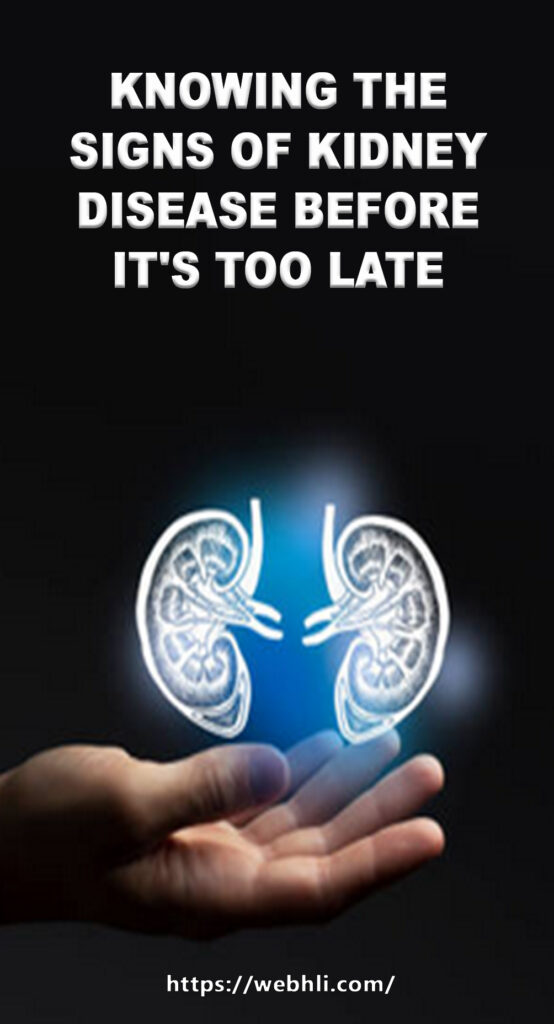
Kidney disease can develop slowly over a number of years leading to devastating results. More than one-third of all new victims of end-stage renal disease are Type 2 diabetics. The kidneys are responsible for filtering out waste by using nephrons (tiny filters), that allow the waste to be flushed from your body via urine. If your nephrons fail in any way, waste can build up in your kidneys and cause toxic sickness.
If your kidneys are malfunctioning, you will start to notice changes and they include pain. People who have fluid-filled cysts on their kidneys often develop pain in the back or side. Sometimes this pain radiates down a leg.
Check out these related articles, too:
Arthritis And Diabetes - A Double Whammy
What Is Diabetic Gastroparesis?
Healthy Lifestyle Tips For Type 2 Diabetes
Does protein increase blood glucose levels?
How Does Diabetes Affect My Teeth and Gums?
What is the best way to manage diabetes?
Other early symptoms can include:
- changes in your urine,
- nausea,
- headaches,
- unexplained weight loss,
- itchy and/or dry skin,
- fatigue, and
- loss of appetite.
If the disease progresses, then you may also notice symptoms such as:
- bone pain,
- abnormally light or dark skin,
- numbness in your extremities,
- cramps or muscle spasm,
- foul taste and bad breath,
- difficulty concentrating,
- confusion,
- drowsiness,
- bleeding and bruising easily, and
- excessive thirst.
The list continues with:
- vomiting, especially in the mornings,
- swelling of hands and feet, sometimes a puffy face develops,
- restless leg syndrome,
- insomnia,
- sleep apnea,
- difficulty breathing, and
- frequent hiccups.
Diabetes and high blood pressure account for a large percentage of kidney disease but aren't the only causes. Birth defects, some auto-immune diseases, trauma or injuries, arterial problems and problems with specific pain killers and other drugs such as those used for cancer patients are just a few of the reasons for chronic kidney disease (CKD).
CKD alters results of many tests so they should be carried out often to ensure the results are accurate. These tests include:
- cholesterol,
- magnesium,
- calcium,
- electrolytes,
- sodium,
- potassium,
- complete blood count,
- albumin, and
- phosphorous.
The cause for CKD can be revealed in a kidney scan, by biopsy or ultrasound, abdominal ultrasound, CT scan, or MRI. If you are diagnosed with kidney disease, it's important to take action immediately to prevent it developing further.
Your doctor will advise you to:
- maintain your blood pressure at around 130/80 mmHg.
- avoid smoking or give up altogether if you do smoke.
- eat healthy food low in cholesterol and fat.
- exercise regularly but check before taking up any new physical activity.
Control your blood sugar, reduce your salt and potassium intake and take the medication prescribed by your doctor to reduce your cholesterol.
Dietary changes are important for people with compromised kidney function because some foods can speed up the damage:
- too much protein burdens weak kidneys, so limit protein-rich foods
- salty, high-sodium foods that should be avoided include frozen dinners, processed means, and snack items such as chips and pretzels. Be careful with prepared soups.
- avoid drinking soda: it contains phosphorus and kidneys do not want to deal with excess phosphorus. Soda also contains the sweetener high fructose corn syrup (HFCS).
Being conscious of the food you eat will translate into better kidney health.
Type 2 diabetes is not a condition you must just live with. By making simple changes to your daily routine, its possible to protect your heart, kidneys, eyes and limbs from the damage often caused by diabetes, and eliminate many of the complications you may already experience. You are not condemned to kidney disease because you have diabetes.
10 Simple Food Concepts Every Person Living With Diabetes Should Know
Making Cheesecake For Diabetics
Enjoy the Taste and Benefits of Diabetic Foods
Will The Mulberry Leaf Help Your Diabetes?
For nearly 25 years Beverleigh Piepers has searched for and found a number of secrets to help you build a healthy body. Go to http://DrugFreeType2Diabetes.com to learn about some of those secrets.
The answer isn't in the endless volumes of available information but in yourself.
Article Source: http://EzineArticles.com/8067281


 Protected by Patchstack
Protected by Patchstack